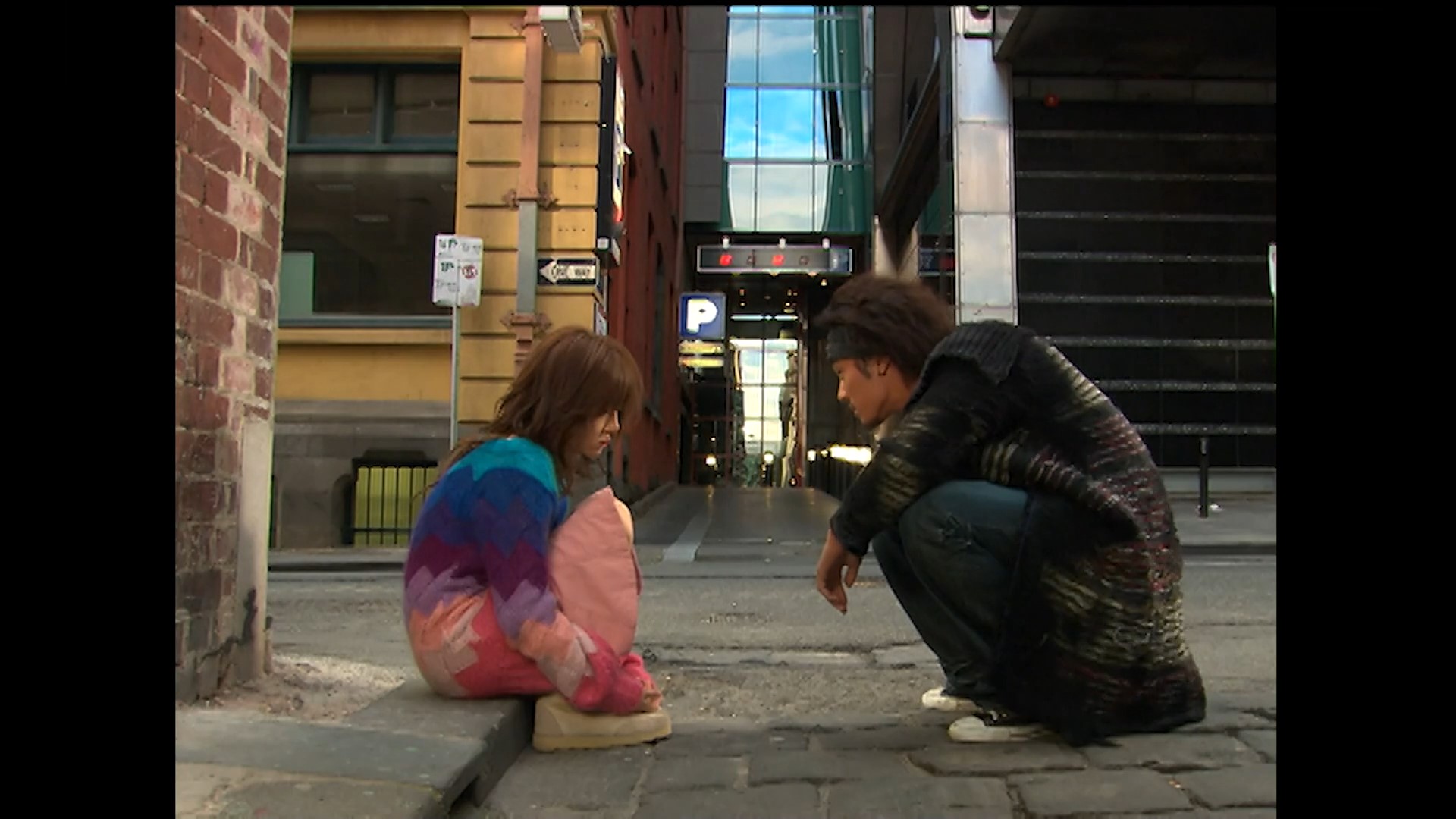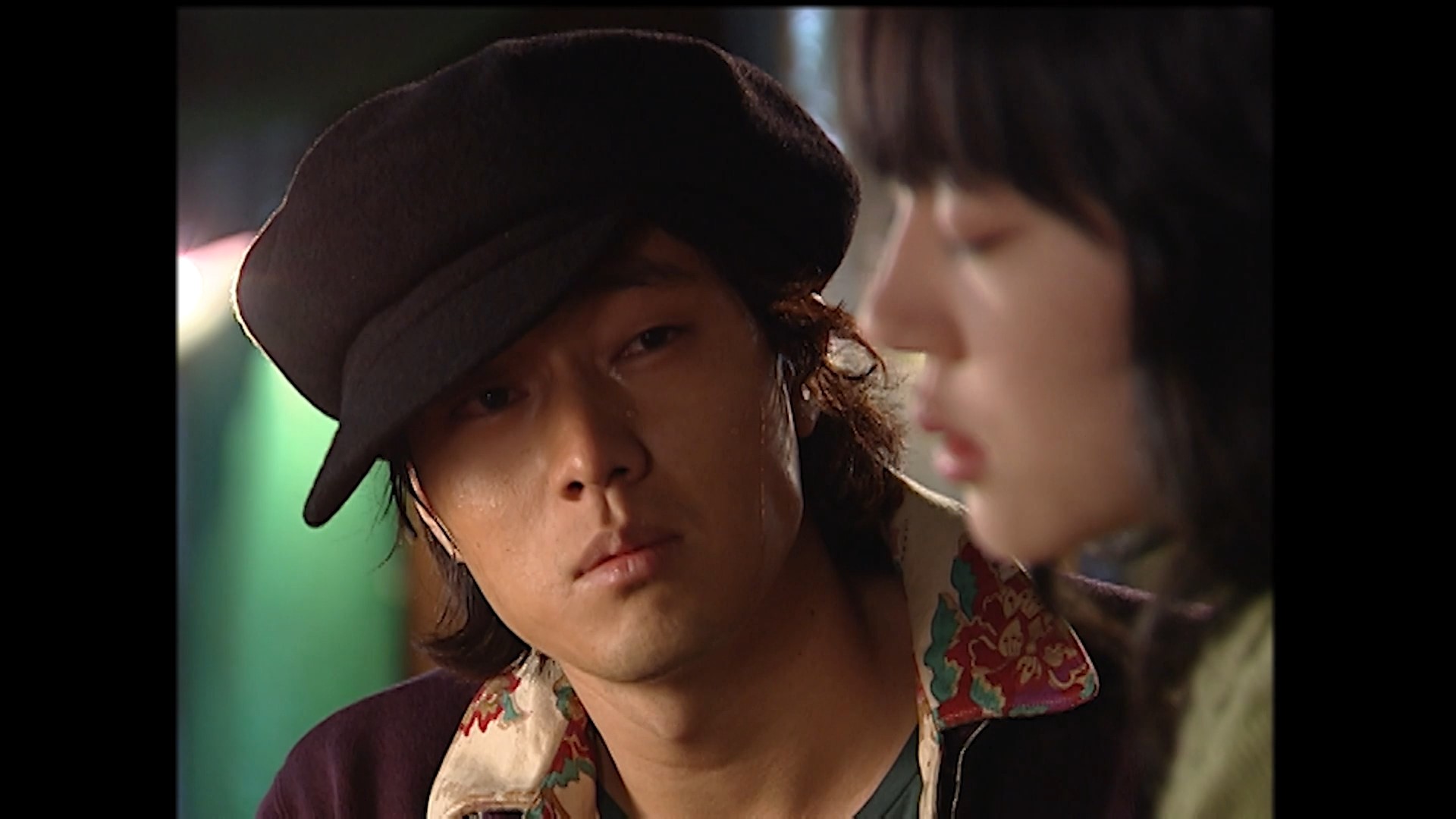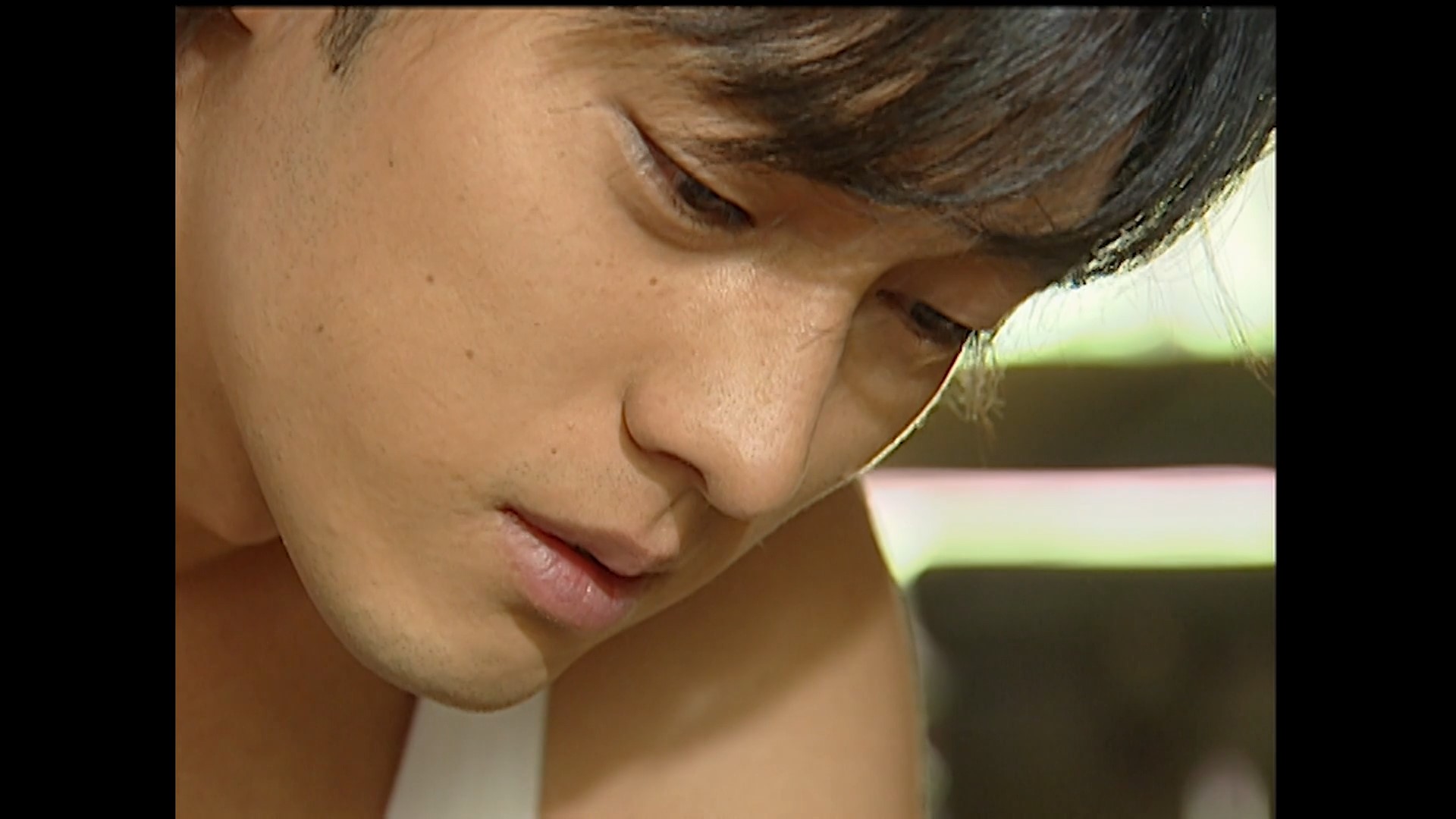In this article, we’re going to look at the Korean drama “I’m Sorry, I Love You” from 2004 and find out what makes it so enduring.
In the winter of 2004, there was a drama that touched the hearts of many people. The drama was called “I’m Sorry, I Love You,” and it was so successful that the phrase “I’m sorry, I love you” became a buzzword across the country. In fact, its ratings were not very high, in the mid-20s. This was due to the popularity of a drama called “Love Story in Harvard” that aired on another station, and I didn’t see this drama because I was watching that drama. However, “I’m Sorry, I Love You” won the best drama award at the Korean Broadcasting Awards that year and was rebroadcast the following summer to celebrate. Before watching this drama, I was more interested in historical dramas and comedies. I used to watch dramas to relieve boredom, but “I’m Sorry, I Love You” brought out a side of me that I’d never let out before. Normally, I don’t like movies because I can’t focus on something for more than two hours. But this drama was so addictive that I’ve watched it over and over again 10 times so far, and even rewatched it on YouTube a month ago.

The drama is set in Melbourne, an urban center in Australia. The main character, Cha Moo-hyuk, who was adopted by an Australian family, has been living a life like a thug since he was a child, but he is not discouraged. He dreamed of returning to Korea one day to honor his parents who abandoned him. But when he takes two bullets instead to save the woman he loves, he faces a life of limbo. Eventually, he returns to Korea to find his parents, but is enraged to find his mother living a wealthy life. With his hopes shattered, Cha Moo-hyuk vows to take revenge on his parents for the rest of his life. He meets Song Eun-chae, the heroine of the movie, and what he thinks is just a coincidence turns into a relationship. He tries to devote the rest of his life to his love for her, but external circumstances prevent him from doing so, and his internal conflict grows day by day.

This drama can be summarized as a story of a man’s fateful revenge after being abandoned by his parents, and a love so passionate that he would give his life for it. In fact, there are not many dramas that deal with birth secrets or tender love. However, “I’m Sorry, I Love You” didn’t have a very high viewership at the time, but it had a huge aftermath that led to VOD and animated remakes, and it has maintained a steady audience through reruns on various channels. What is the secret to creating such a ‘drama lungin’ and keeping it alive for so many years?
First of all, I’m Sorry, I Love You’s outstanding production values. The drama opens with beautiful views of Australia and the bustling city center of Melbourne. This makes a strong impression in the beginning of the drama and helps to draw the viewers’ interest in the drama. The costumes of Cha Moo-hyuk and Song Eun-chae are also part of the design and are a way to hint at their characters. Cha Moo-hyuk’s disheveled hair and stretched-out hem serve as symbols of his wild personality, while Song Eun-chae’s rainbow knit and ugg boots dramatically reveal her innocence. The drama’s OST, “Snow Flower,” plays in the background, reminding viewers of the beginning of the drama. These audiovisual images help us remember the first meeting between Cha Moo-hyuk and Song Eun-chae as a memorable scene.
In fact, in the drama, there are scenes where the viewers can recall the first meeting of the main characters in the middle of the drama, which makes it easier for the viewers to empathize with the fond memories of the main characters. In addition, at the end of the final meeting, Song Eun-chae travels back to Australia to visit the grave of the late Cha Moo-hyuk. In this scene, Song Eun-chae reminisces about the streets she used to walk with Cha Moo-hyuk and shows the tender memories that flashed through her mind. Through this scene, I could easily relate to her feelings of regret and lingering emotions because of the excellent direction of this drama.
Next up is Cha Moo-hyuk’s monologue, which is delivered through a well-written script. “I’m Sorry, I Love You” emphasizes Cha Moo-hyuk’s emotional state through his monologues. This allows the viewer to feel his emotions as he is both fiery and reticent at the same time. Also, the internal conflicts that Cha Moo-hyuk feels are mentioned in his repeated monologues. There is a line that summarizes Cha Moo-hyuk’s feelings of revenge against his parents who abandoned him, which he tries to console through his love for Song Eun-chae.
“God, if you really exist, I promise you. Song Eun-chae, if you keep her by my side for the rest of my life, if you comfort me with her for the rest of my life, if you don’t touch me anymore, I’ll just stop right here, I’ll throw all my hatred and anger into the trash and close my eyes quietly, I promise you, I promise you.”
Cha Moo-hyuk monologues the above lines whenever a situation comes up that gets in the way of his love for her, and without saying a word, viewers can understand and relate to his emotions through his monologues. Here’s a poignant monologue from Cha Moo-hyuk on his deathbed.
“I shouldn’t have come back. I should have just lived like a piece of trash, and disappeared like a piece of trash.”
We can feel Cha Moo-hyuk’s heart as he realizes that his anger and revenge against his parents and his love for her are irreversible in the face of death. The viewers can understand his feelings the best, which makes it even more poignant.
Another reason why I’m Sorry, I Love You is loved is that it deals with a variety of love themes. It doesn’t just deal with the love between the main characters, but also shows the love between parents, children, and siblings. Cha Moo-hyuk’s anger at his mother calling him ‘son’ to someone other than himself, and his crying next to his mother’s photo, are scenes that are maximized by the play’s production and monologues. In the end, viewers feel even more tender emotions as he regrets his anger and revenge caused by misunderstanding and sheds tears for his mother’s infinite love.

The acting skills of the main characters are another reason why this drama is loved by many. Cha Moo-hyuk and Song Eun-chae, played by So Soo-sub and Lim Soo-jeong, respectively, were able to bring their personalities to their roles, which made it easier for viewers to connect with the drama. In fact, it’s impressive that both actors consider “I’m Sorry, I Love You” to be their most memorable work. They had a special affection for their characters, which I think helped the audience feel the same way.
In order for a drama to be remembered for a long time, it must be produced with perfection. As mentioned above, the drama should not be lacking in any one of the following aspects: production, content, and actors’ performances. This is where the selection of appropriate background music, which is considered by many to be the “seasoning” of the drama, comes into play. ‘I’m Sorry, I Love You’ was produced with all of these elements, which is why it became a beloved work by many people. ‘I’m Sorry, I Love You’ viewers go beyond the love for the work and have affection for the characters in the drama, perhaps because they still feel regret and nostalgia for the love that could not be fulfilled.
If you look at recent dramas, there are many cases of excessive production and dialog for the sake of topicality and sales. While we can’t ignore the commercialization of dramas to increase viewership and sales, it can be a factor that reduces the quality of the work. Excessive brand advertisements and indiscriminate use of background music in the drama can also be distracting. The production of instant dramas may be commercially viable, but it is unlikely to be well received by self-proclaimed drama fanatics. While standards may change with the times, it’s worth reflecting on why I’m Sorry, I Love You remains an unforgettable drama over a decade later.